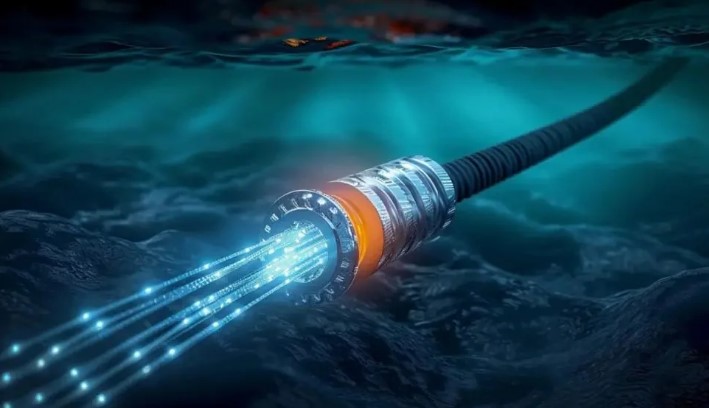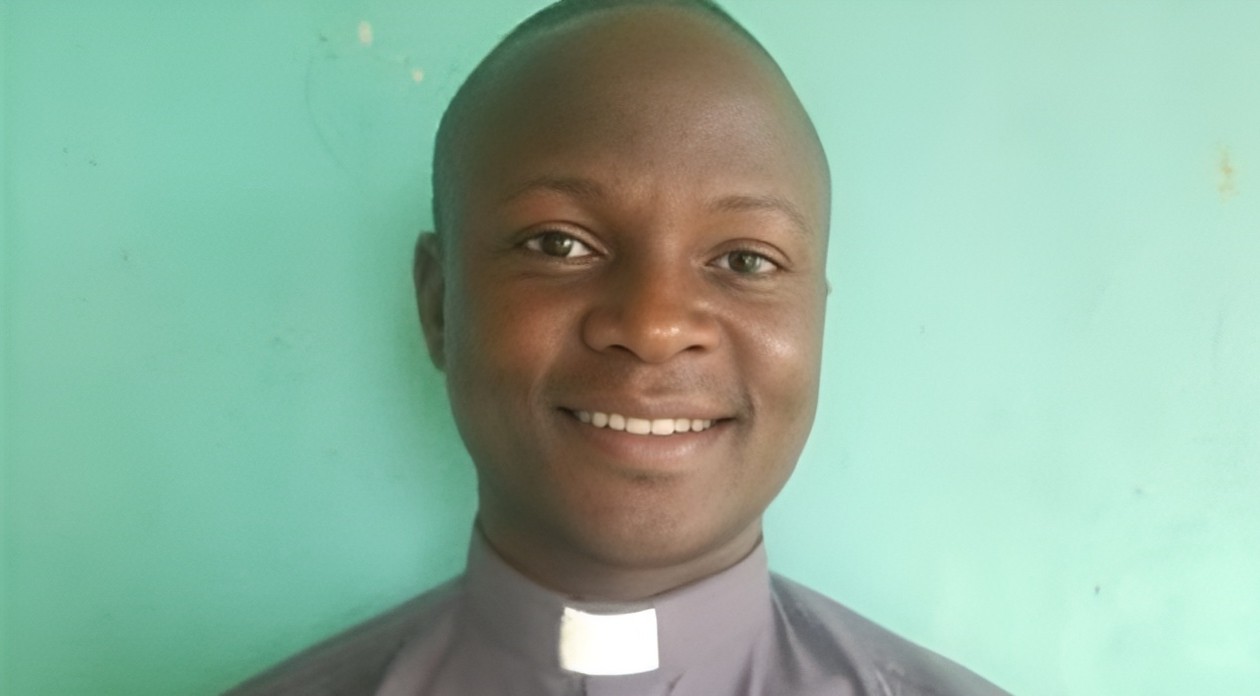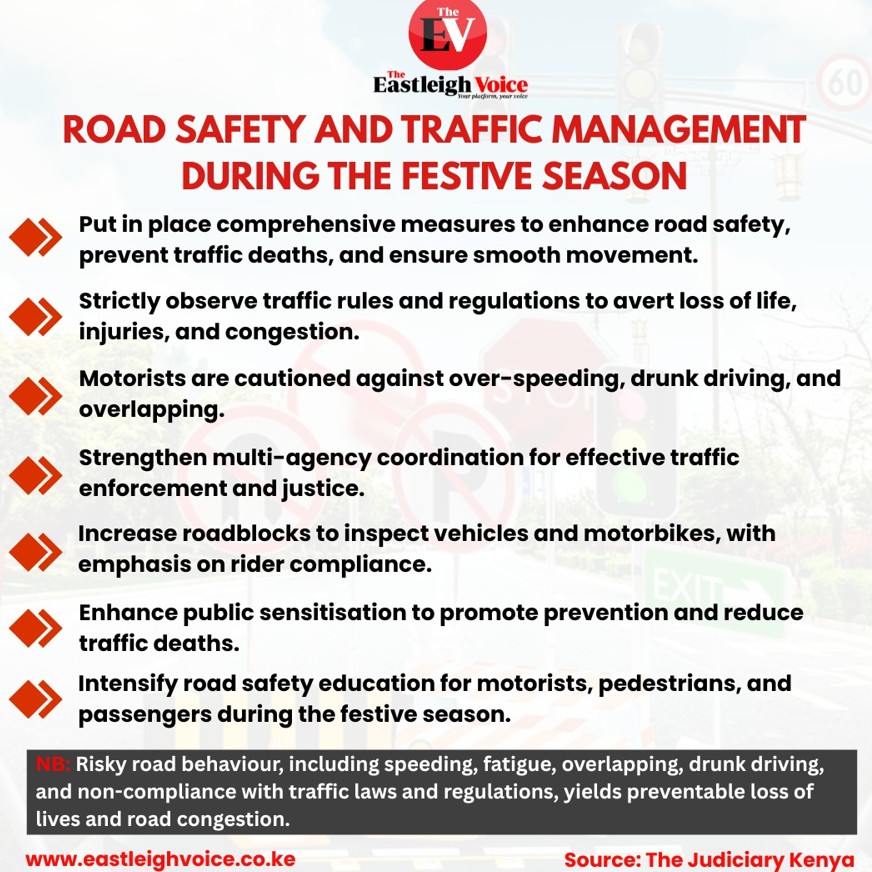Japan sets new internet speed record at 1.02 petabits/second

What makes the achievement more remarkable is that the cable still maintains the standard width of existing fibers, just 0.125 mm, meaning this technology could, in theory, run on the current infrastructure without having to replace the entire global network.
Japan has shattered the internet speed record, achieving an astonishing 1.02 petabits per second (Pbps), the fastest ever recorded.
This breakthrough, announced by the National Institute of Information and Communications Technology (NICT), has the potential to completely redefine how the world transmits and consumes data.
More To Read
- Col Esther Wanjiku ends tour as Kenya’s Defence Attaché to Japan, succeeded by Col Joan Kwambai
- Kenya Ports Authority wins global sustainability award in Japan
- Sanae Takaichi elected leader of Japan’s ruling party, poised to become first female prime minister
- Kenyan athletes to pocket Sh105 million for outstanding Tokyo performances
- Kenya’s mixed 4x400m relay team disqualified despite record run in Tokyo
- MPs demand answers over delayed ICT ministry projects, stalled legislation
To put it simply, this speed is so fast that downloading the entire English Wikipedia or Daily Nation archive (newspaper) from 1960 to 2025, contains millions of pages, images, and articles, amounting to tens of terabytes of data within just one second. Yes, one second.
The science behind the speed
Japan’s record was set using a special 19-core optical fibre, developed in partnership with Sumitomo Electric and European researchers.
What makes this achievement more remarkable is that the cable still maintains the standard width of existing fibres, just 0.125 mm, meaning this technology could, in theory, run on the current infrastructure without having to replace the entire global network.
This was not just a lab stunt either; the signal travelled over 1,800 kilometres, proving that ultra-high-speed internet could be possible across continents, not just across cities.
Is this speed like lightning?
In the digital world, yes, it is faster than lightning. To understand what 1.02 petabits per second means: 1 petabit = 1,000,000 gigabits
At this speed, you could transmit 127,500 gigabytes every second. That is equivalent to streaming over 10 million HD videos at the same time.
In real-world comparisons, this is roughly 3.5 million times faster than the average U.S. internet speed, and a jaw-dropping 33.5 million times faster than Kenya’s average fixed broadband.
Kenya’s position in the global race
While Japan touches the sky, Kenya is still in the early phases of internet development, though it leads East Africa in connectivity.
Kenya’s average fixed broadband speed is equal to 30.4 Mbps (megabits per second). Japan’s record is 1.02 Pbps = 1,020,000,000 Mbps.
Globally, Kenya ranks outside the top 100 in fixed broadband speed. While in Africa, it is among the top 10 for mobile internet speed.
What is most outrageous is that it has the best internet in East Africa: At number 1, leading countries like Uganda, Tanzania, and Rwanda.
Nairobi remains a hub of innovation (often called Silicon Savannah), but infrastructure challenges persist in rural areas.
Despite impressive mobile connectivity, especially in fintech and e-commerce, Kenya’s fixed internet remains underpowered compared to global standards.
While fibre deployment in urban areas is growing, many homes and businesses still rely on outdated copper or mobile broadband.
For Kenya, this means the benchmark has shifted again.
Closing the gap will take sustained investment in fibre infrastructure, submarine cables, data centres, and satellite links, but the digital transformation is already underway; we can only wait and see the progress.
Top Stories Today












































